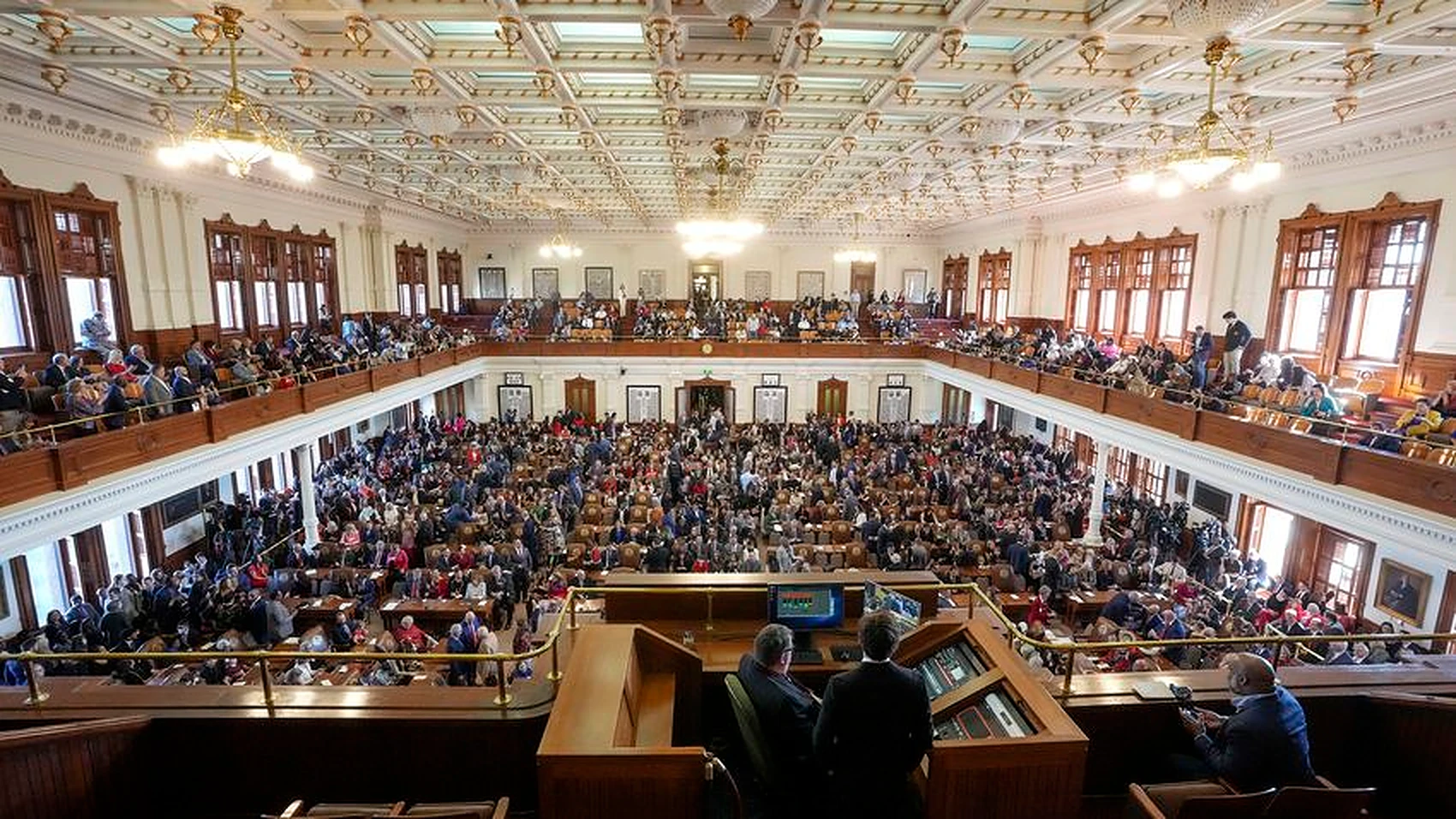Representative Patrick McHenry, Chairman of the House Financial Services Committee (FSC), made a significant announcement regarding legislation aimed at providing regulatory clarity for the digital asset ecosystem.
The committee’s upcoming meeting on July 26 will focus on the markup of several bills, including H.R. 4763, the Financial Innovation and Technology for the 21st Century Act; H.R. 4766, the Clarity for Payment Stablecoins Act of 2023; and H.R. 1747, the Blockchain Regulatory Certainty Act, among others.
Of particular importance is the markup of the Clarity for Payment Stablecoins Act, introduced by Chairman McHenry, which seeks to establish clear regulations for stablecoins designed for use in payments.
The move comes in response to the growing need for regulatory frameworks that address the unique characteristics of digital assets.
One day after introducing the Financial Innovation and Technology for the 21st Century Act, U.S. Representative French Hill, Chairman of the Subcommittee on Digital Assets, emphasized the importance of a functional regulatory framework in protecting investors from financial fraud.
He highlighted that such legislation could have prevented incidents like FTX stealing billions of customer funds.
READ MORE: Terraform Labs Faces Uphill Battle Amidst Allegations, New CEO Discusses Road Ahead
The proposed bills also aim to establish robust consumer protections and clear rules for market participants.-
In parallel to these legislative efforts, the U.S. Department of Justice (DoJ) is taking action to tackle crypto-related crimes.
The DoJ has decided to merge two teams, the Computer Crime and Intellectual Property Section (CCIPS) and the National Cryptocurrency Enforcement Team (NCET), to create a larger structure with increased resources.
This consolidation will result in more than double the number of criminal division attorneys available to handle cryptocurrency-related cases.
Any CCIPS attorney may now potentially be assigned to work on an NCET case, strengthening the DoJ’s capabilities in combatting crypto crime.
These developments signal a growing recognition of the importance of regulatory clarity in the digital asset space.
The proposed legislation and the DoJ’s increased focus on crypto-related crimes demonstrate the government’s commitment to fostering a secure and transparent digital asset ecosystem while safeguarding investors and consumers.
The markup scheduled for July 26 marks a significant step toward achieving these objectives.
Other Stories:
Controversial Proposal Sparks Fierce Debate Among Members of Solana-Based Liquidity Network
2023 Ranking: 4 Best Crypto Projects To Buy
Report Reveals Alarming Surge in Cryptocurrency Use by ISIS Terrorists




